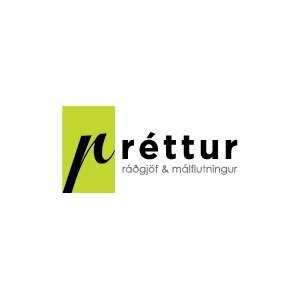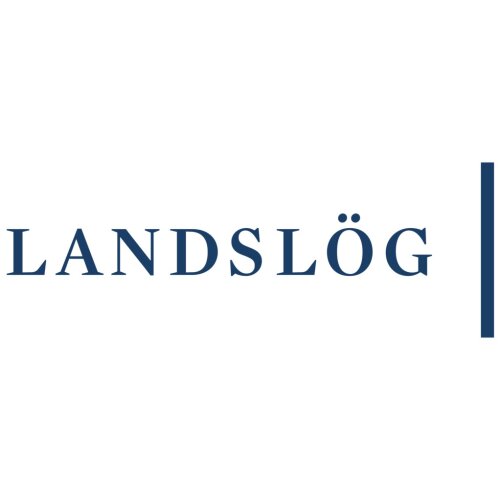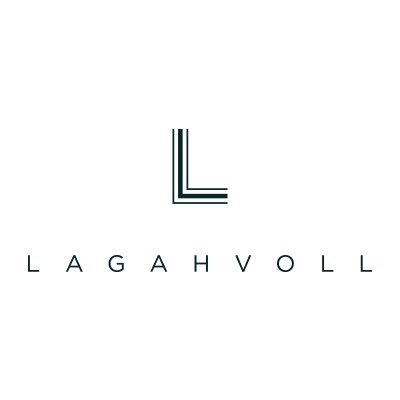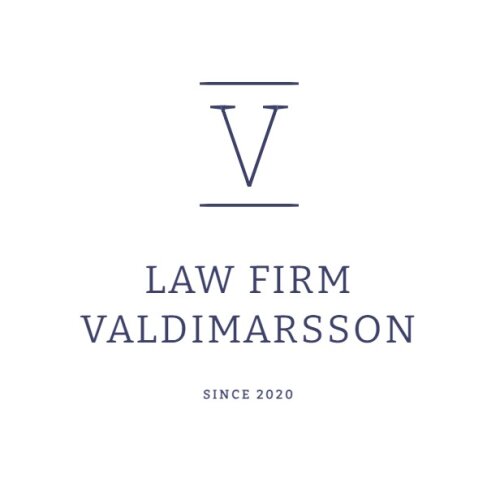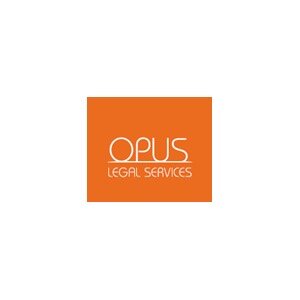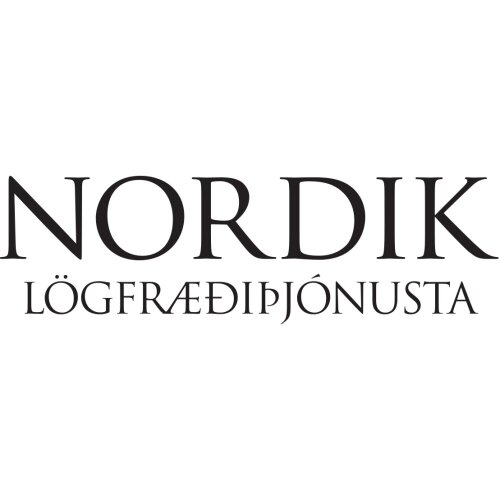Best Public-Private Partnerships (PPP) Lawyers in Iceland
Share your needs with us, get contacted by law firms.
Free. Takes 2 min.
Or refine your search by selecting a city:
List of the best lawyers in Iceland
About Public-Private Partnerships (PPP) Law in Iceland
Public-Private Partnerships, often abbreviated as PPP, refer to contractual arrangements between government bodies and private sector entities to finance, design, construct, operate, and maintain infrastructure or provide public services. In Iceland, PPPs have steadily gained significance, especially in addressing infrastructure gaps and enhancing service delivery without placing undue strain on public finances. Icelandic PPP projects have typically focused on sectors such as transportation, energy, healthcare, education, and municipal development. While PPPs offer considerable advantages, their success depends on clear legal frameworks, robust risk allocation, and mutual trust between public and private stakeholders.
Why You May Need a Lawyer
Entering into a Public-Private Partnership can be complex for both public authorities and private companies. Legal expertise is crucial in navigating these complexities and ensuring that all parties' interests are safeguarded. Common situations where legal assistance is vital include:
- Drafting and negotiating PPP contracts
- Understanding regulatory requirements and compliance obligations
- Assessing and allocating project risks
- Resolving disputes between public and private parties
- Assisting in project financing and refinancing arrangements
- Managing issues related to land acquisition and permitting
- Advising on public procurement and tendering processes specific to PPP projects
- Evaluating project exit strategies and transfer requirements at the end of the contract period
Because each PPP project in Iceland is unique, tailored legal advice can help prevent costly disputes, ensure legal compliance, and foster collaborative partnerships.
Local Laws Overview
PPPs in Iceland operate within a legal environment that integrates general laws and sector-specific regulations. The most relevant legal aspects include:
- Public Procurement Laws: PPP contracts involving government entities are subject to Iceland’s public procurement rules, largely harmonized with European Union directives. These require transparent and fair tendering processes for selecting private partners.
- Contract Law: Icelandic contract law governs the drafting and enforceability of PPP agreements, setting out principles on formation, validity, performance, and termination.
- Sectoral Regulations: Depending on the nature of the project, additional sector-specific rules may apply, such as those governing environmental protection, planning and construction, or data regulation.
- State Aid Rules: Both Icelandic and European Economic Area (EEA) regulations impose limits on state assistance to ensure fair competition in PPP projects.
- Financing and Security: Financing structures must meet Icelandic banking and finance standards. Security interests and guarantees are also subject to local legal norms.
No dedicated PPP law currently exists in Iceland. As such, legal advisors must be familiar with the intersection of various statutes, regulations, and guidelines applicable to particular projects.
Frequently Asked Questions
What is a Public-Private Partnership (PPP) in Iceland?
A PPP in Iceland is a contractual arrangement where public entities collaborate with private sector companies to deliver public infrastructure or services, typically over the long term.
What types of projects are suitable for PPPs in Iceland?
PPPs are commonly used in transport, energy, hospitals, schools, waste management, water services, and municipal facilities.
Who regulates PPP projects in Iceland?
Different government bodies oversee PPP projects depending on the sector, while procedures like procurement are subject to national and European regulatory oversight.
How are PPP agreements typically structured in Iceland?
Most agreements take the form of detailed contracts that outline roles, responsibilities, risk allocation, payment mechanisms, and dispute resolution processes.
What is the tendering process for PPPs?
The tendering process in Iceland is governed by strict procurement rules, requiring open, competitive, and transparent bidding to select the most suitable private partners.
Are there restrictions on foreign companies participating in PPPs?
Generally, foreign companies can participate if they comply with Icelandic legal requirements and eligibility criteria set in procurement documents.
How are disputes resolved in Icelandic PPPs?
Parties usually agree to resolve disputes through negotiation, mediation, or arbitration. Icelandic courts may also have jurisdiction, depending on contract terms.
What roles do public authorities and private parties play?
Public authorities define the public service objectives and oversee performance, while private parties typically finance, build, operate, and maintain the project.
What are the main risks in PPP projects?
Main risks include construction delays, cost overruns, regulatory changes, service delivery failures, and changing market or economic conditions. These risks are addressed through contractual provisions.
Do PPP agreements require government approval?
Yes, significant PPP projects often require approvals from line ministries or municipal authorities, and must comply with oversight and reporting obligations.
Additional Resources
For more information or assistance related to Public-Private Partnerships in Iceland, consider contacting the following:
- Icelandic Ministry of Finance and Economic Affairs - Handles matters related to public investment and PPP policy guidance
- Icelandic Public Procurement Agency - Oversees tendering and procurement for public projects
- Federation of Icelandic Industries - Offers information and support to companies engaging in infrastructure and service delivery
- Chambers of Commerce and law firms specializing in infrastructure and project finance
- European Bank for Reconstruction and Development (EBRD) guidance on PPP implementation in the region
Next Steps
If you are considering involvement in a Public-Private Partnership in Iceland or need legal advice, take the following steps:
- Gather all preliminary information about your proposed project or area of interest
- Identify the specific legal issues or challenges you face
- Reach out to an Icelandic lawyer or law firm with experience in PPPs and related regulatory fields
- Prepare relevant documents, such as draft contracts, permits, and business plans, for review
- Arrange a consultation to discuss your objectives, risks, and compliance requirements
- Follow expert legal guidance to proceed confidently and ensure your PPP project complies with all applicable Icelandic laws and best practices
Seeking early legal advice can save time, prevent disputes, and lead to more successful partnerships in Iceland’s dynamic PPP landscape.
Lawzana helps you find the best lawyers and law firms in Iceland through a curated and pre-screened list of qualified legal professionals. Our platform offers rankings and detailed profiles of attorneys and law firms, allowing you to compare based on practice areas, including Public-Private Partnerships (PPP), experience, and client feedback.
Each profile includes a description of the firm's areas of practice, client reviews, team members and partners, year of establishment, spoken languages, office locations, contact information, social media presence, and any published articles or resources. Most firms on our platform speak English and are experienced in both local and international legal matters.
Get a quote from top-rated law firms in Iceland — quickly, securely, and without unnecessary hassle.
Disclaimer:
The information provided on this page is for general informational purposes only and does not constitute legal advice. While we strive to ensure the accuracy and relevance of the content, legal information may change over time, and interpretations of the law can vary. You should always consult with a qualified legal professional for advice specific to your situation.
We disclaim all liability for actions taken or not taken based on the content of this page. If you believe any information is incorrect or outdated, please contact us, and we will review and update it where appropriate.
Browse public-private partnerships (ppp) law firms by city in Iceland
Refine your search by selecting a city.





